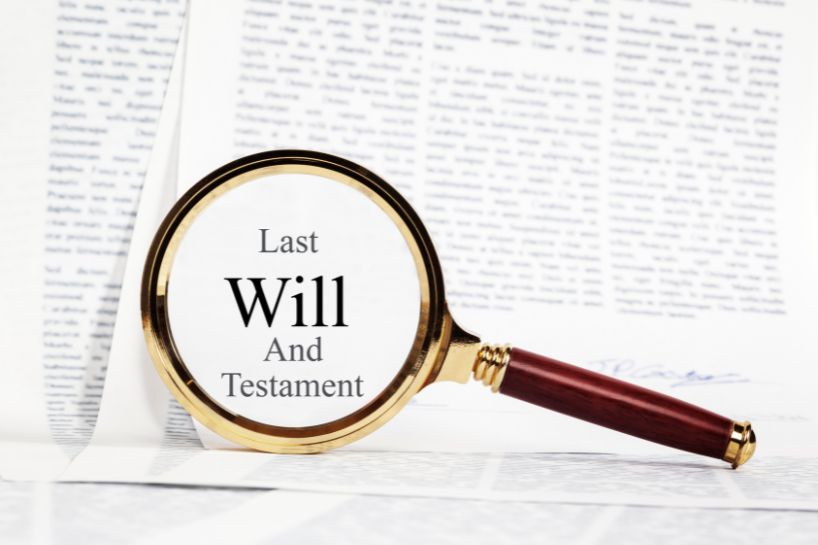The estate administration process can be a difficult time, particularly after the loss of a loved one. Many people will have heard of the word “executor” but may not understand what the job entails.
For first-time executors, they will often not appreciate what is involved until after the estate administration has commenced.
What is an Executor?
An executor is the person nominated in a will to carry out the testamentary intentions of the deceased as they are recorded in the will.
Most people nominated as an executor will accept their appointment after the will maker has died. Once an executor has accepted their position as executor, they owe fiduciary duties to the creditors and beneficiaries of the estate.
What is my role as an Executor?
The responsibilities of an executor are to administer the estate and finalise the deceased persons affairs.
This includes the following:
- locating the original will;
- arranging the funeral;
- protecting the estate assets;
- attending to the deceased person’s outstanding tax requirements and any estate tax requirements.
- determining assets and liabilities and applying for a grant of probate;
- Gathering and distributing the estate in accordance with the terms of the will.
What are my duties as an Executor?
An executor owes duties and obligations to the creditors and beneficiaries of the estate. A breach of these duties may be a breach of trust. An executor can, in certain circumstances, be held personally liable for a breach of duties.
The executor’s duties and obligations include:
- A duty to act in good faith – The overarching duty to act in good faith is to act in the best interests of the beneficiaries and to follow the deceased’s testamentary intentions recorded in the will.
- A duty to preserve and maximise the estate – An executor has an obligation to ensure the value of the estate is preserved and maximised. This may include ensuring investments are maintained before distributions are made to the beneficiaries.
- A duty to keep Estate funds separate – An executor must keep all funds received on behalf of the estate separate from their own money. This may involve opening an Estate bank account or using a solicitor’s trust account.
- A duty to ensure liabilities are paid – Liabilities which an executor must ensure are paid include funeral expenses, tax liability, loans, lines of credit, utility bills, and telephone accounts.
- A duty to keep proper records and accounts – An executor must keep an accurate record of all assets called in and all liabilities paid. You must retain tax invoices for all liabilities paid and records of any distributions made.
Tax responsibilities
An executor is responsible for finalising the tax affairs of the deceased and the estate. For the personal tax affairs, the executor stands in the shoes of the deceased and is responsible for any returns for previous financial years that the deceased would have been required to attend to.
Post the date of death, the executor is responsible in its capacity as trustee of the deceased estate for the estate tax affairs.
An executor is made personally liable for outstanding tax liabilities. Tax advice should be considered by an executor to ensure no personal liability arises.
Do I have to act?
An executor does not have to accept their appointment and should consider the duties and responsibilities that come with acting as an executor. Should an executor not wish to accept the appointment, then the position can be renounced prior to the estate administration commencing.
Commission
An executor is entitled to apply to the Court for commission to compensate them for their “pains and troubles” during the administration of the estate. The amount of commission awarded is subject to the size and nature of the estate. The Court will also consider whether the executor is a beneficiary of the estate when determining an award for commission.
How your solicitor can help
A solicitor will guide an executor throughout the administration of the estate and ensure the executor does not breach any duties owed to the creditors or beneficiaries. A solicitor acts as a shield to an executor throughout the administration of the estate.
By: Jason Fox, Senior Associate and Dimity DeMamiel, Lawyer











